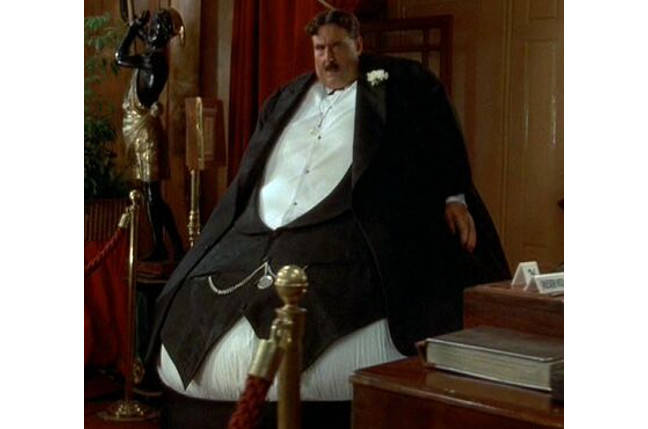-
Tips for becoming a good boxer - November 6, 2020
-
7 expert tips for making your hens night a memorable one - November 6, 2020
-
5 reasons to host your Christmas party on a cruise boat - November 6, 2020
-
What to do when you’re charged with a crime - November 6, 2020
-
Should you get one or multiple dogs? Here’s all you need to know - November 3, 2020
-
A Guide: How to Build Your Very Own Magic Mirror - February 14, 2019
-
Our Top Inspirational Baseball Stars - November 24, 2018
-
Five Tech Tools That Will Help You Turn Your Blog into a Business - November 24, 2018
-
How to Indulge on Vacation without Expanding Your Waist - November 9, 2018
-
5 Strategies for Businesses to Appeal to Today’s Increasingly Mobile-Crazed Customers - November 9, 2018
DISH Petitions FCC to Deny Charter/Time Warner Cable Merger
But that’s not enough to mitigate the threats posed by the merger, according to a coalition of consumer advocacy groups.
Advertisement
“Charter and TWC’s application leads to the same conclusion: the merger would permit and motivate the combined company to hurt or destroy online video rivals, including the Sling TV OTT [over the top] video service, through its control over the broadband pipe”. Together, the two deals would make Charter the second-largest video and broadband provider in the U.S.
DISH has petitioned the Federal Communications Commission (FCC) to deny the proposed merger of Charter Communications and Time Warner Cable, citing substantial harm to competition and consumers. “Ultimately, the Commission cannot grant this merger unless it can be assured that a post-merger Charter cannot detrimentally affect the programming market, or use its clout as a video distributor to impose contractual prohibitions that would inhibit online video’s access to programming in ways that are less visible than the blunt instrument of data caps, Open Internet violations, and congested interconnection points”, they argue. For example, set-top box maker Zoom said that if the FCC approves New Charter, the combined company would continue to pose challenges to Zoom’s efforts to sell its products directly to consumers.
Regulators were curious to know how Charter or Time Warner Cable reacted to and tackled rising competition from Amazon.com Inc.’s Prime Instant Video, Netflix, or Hulu LLC, against their own line-up of conventional channel networks, which face declining popularity. Al Franken (D-Minn.), a skeptic of the Comcast merger, has said that the deal should receive the “highest level of scrutiny”.
Dish, which offers the $20-a-month streaming service Sling TV, said the proposed Charter-TWC merger has the potential to “significantly damage competitive development of over-the-top video”.
“Like it did in the failed Comcast and Time Warner Cable merger proposal, the FCC must ensure that the increased market power this deal would give Charter would not harm competition, diversity of programming, or the public interest”, said a statement by John Bergmayer, senior staff attorney at Public Knowledge.
Advertisement
Charter in June said it wouldn’t block or degrade Web traffic or favor its own online content ahead of others or create Internet fast lanes for a fee – adhering to the notion of net neutrality.




























